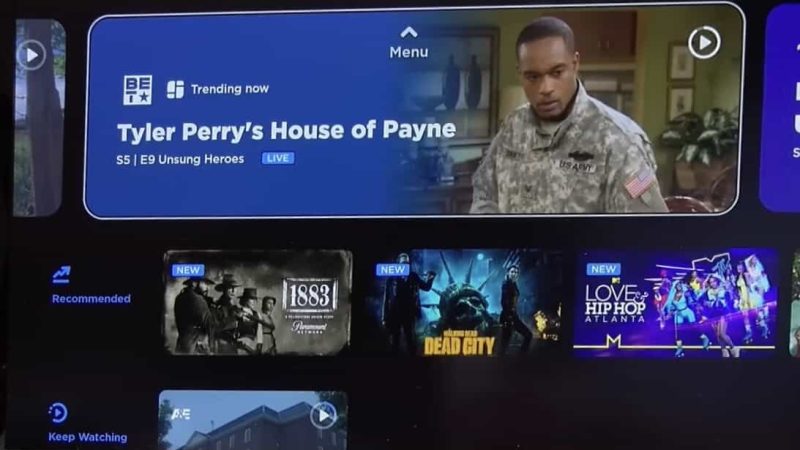What is not an Example of a Social Media Crisis

In today’s interconnected world, social media has become an integral part of our daily lives. As individuals, businesses, and organizations navigate the digital landscape, the specter of a social media crisis looms large. However, not every online hiccup qualifies as a crisis. In this article, we’ll explore what is not an example of a social media crisis, shedding light on instances that may seem challenging at first but fall short of the crisis threshold.
Minor Customer Complaints:
A single negative comment or a customer expressing dissatisfaction with a product or service does not necessarily translate into a social media crisis. In fact, minor complaints are a normal part of online engagement. A well-handled customer service response can often turn a negative comment into a positive interaction, showcasing a brand’s commitment to addressing concerns promptly.
Isolated Negative Reviews:
Every business, regardless of its size or reputation, may encounter negative reviews from time to time. While a slew of negative feedback can be concerning, it doesn’t automatically escalate to a crisis. Brands can manage these situations by responding professionally, seeking to understand the customer’s perspective, and showcasing a commitment to improvement.
Mistakes and Typos:
Humans are fallible, and mistakes happen, even on social media. A typo in a tweet, a broken link in a post, or a minor error in content doesn’t typically escalate to crisis level. Quick corrections and transparent acknowledgments can help mitigate any potential fallout.
Low Engagement on a Post:
A lack of likes, shares, or comments on a particular post might be disheartening for a social media manager, but it does not constitute a crisis. Engagement levels can fluctuate based on various factors, including the timing of the post, the content type, and current trends. Analyzing and adjusting strategies can help improve future performance.
Competitor Trolling:
In the competitive landscape of social media, it’s not uncommon for competitors to engage in a bit of playful banter or light-hearted trolling. As long as the interactions remain respectful and do not escalate into a damaging or harmful exchange, it falls outside the realm of a social media crisis.
Conclusion:
While social media crises can have significant repercussions for individuals and businesses alike, not every online challenge should be labeled as such. Recognizing the difference between a minor setback and a full-blown crisis is crucial for maintaining perspective and responding appropriately. By focusing on effective communication, swift issue resolution, and a commitment to improvement, entities can weather the storms of social media without getting caught in unnecessary tempests. Remember, not every ripple in the digital pond signifies a crisis – sometimes, it’s just the nature of the online landscape.






